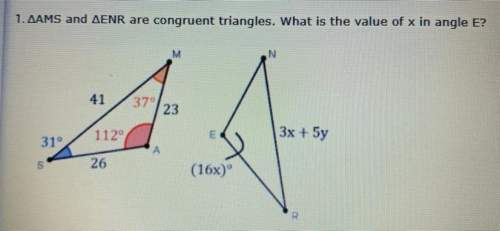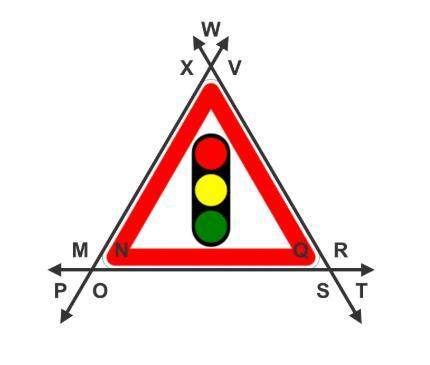
Mathematics, 25.01.2022 01:30 angelvega2003
Three numbers are in arithmetic progression. Their sum is 3 and the sum of their squares is 11. What are the three numbers? I already have -1,1,3. What is the other three?

Answers: 2


Other questions on the subject: Mathematics

Mathematics, 21.06.2019 17:30, lexusdixon3
Sheila wants to bake six muffins but the recipe is for 12 muffins . this means you only need half of the ingredients listed how much of the of each ingredient does she need? one cup and banana chips ,7 tablespoons oil , two eggs, 3/4 cups flour 1/4 cup walnuts show all you work and justify your answer using a baby toulmin.
Answers: 3


Mathematics, 21.06.2019 22:00, lalanduni
Fatima plans to spend at least $15 and at most $20 dollars on sketch pads and pencils. if she buys 2 sketchpads, how many pemcils can she buy while staying in her price range? fatima can buy between and pencils. ? (type whole numbers. use ascending? order.)
Answers: 1

Mathematics, 21.06.2019 23:00, janeou17xn
The equation shown below represents function f. f(x)= -2x+5 the graph shown below represents function g. which of the following statements is true? a. over the interval [2, 4], the average rate of change of f is the same as the average rate of change of g. the y-intercept of function f is less than the y-intercept of function g. b. over the interval [2, 4], the average rate of change of f is greater than the average rate of change of g. the y-intercept of function f is greater than the y-intercept of function g. c. over the interval [2, 4], the average rate of change of f is the same as the average rate of change of g. the y-intercept of function f is greater than the y-intercept of function g. d. over the interval [2, 4], the average rate of change of f is less than the average rate of change of g. the y-intercept of function f is the same as the y-intercept of function g.
Answers: 1
You know the right answer?
Three numbers are in arithmetic progression. Their sum is 3 and the sum of their squares is 11. What...
Questions in other subjects:







Biology, 23.09.2020 19:01







